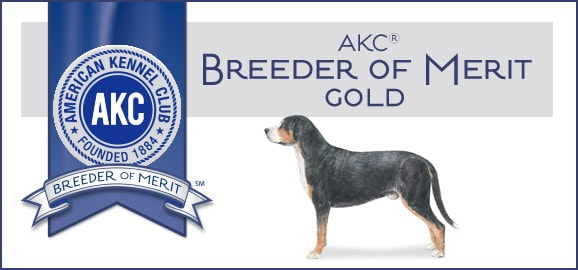HOW MUCH DO AEGIS SWISSY PUPPIES COST?
This is my least favorite question, so I'll get it out of the way up front!
First, I often wonder whether someone should own a large breed dog like a Swissy if the cost of buying/adopting a puppy is a major concern. The purchase price of the puppy is a small drop in the bucket compared to the cost of taking care of that dog over the course of its life. Of course this is not a valid reason to overcharge for Swissy puppies. This is anything but a money-making venture for me, though some people do breed for a living. Therefore, this is a very valid question because prices for Swissy puppies seem to run the gamut. I've seen them advertised on the internet for $1000, and also for as much as $3500.
All Aegis puppies are the same price, whether companion or show. The reason? I want all of my puppies to be valued equally, as pets first and foremost. Just as I would not charge more for a show puppy, I would also never charge more for puppies that I believe to have the best temperament for a companion home, or the most working drive for a performance home. Puppies are placed strictly on their suitability to a home, not who is willing to pay more for them!
Aegis GMSD puppies range from $3,000 to $3,500
First, I often wonder whether someone should own a large breed dog like a Swissy if the cost of buying/adopting a puppy is a major concern. The purchase price of the puppy is a small drop in the bucket compared to the cost of taking care of that dog over the course of its life. Of course this is not a valid reason to overcharge for Swissy puppies. This is anything but a money-making venture for me, though some people do breed for a living. Therefore, this is a very valid question because prices for Swissy puppies seem to run the gamut. I've seen them advertised on the internet for $1000, and also for as much as $3500.
All Aegis puppies are the same price, whether companion or show. The reason? I want all of my puppies to be valued equally, as pets first and foremost. Just as I would not charge more for a show puppy, I would also never charge more for puppies that I believe to have the best temperament for a companion home, or the most working drive for a performance home. Puppies are placed strictly on their suitability to a home, not who is willing to pay more for them!
Aegis GMSD puppies range from $3,000 to $3,500

